Israel agrees to join Trump’s Board of Peace as some western European nations say no.
The development underscores European concerns over the controversial and ambitious project — which some say seeks to replace the United Nations’ role in mediating global conflicts — as Trump arrived in Davos, Switzerland, where he was expected to provide more details about his vision for the board.
A White House official said about 30 countries were expected to join the board, without providing details. The official, who spoke on condition of anonymity to describe internal plans not yet made public, said about 50 countries had been invited to join the organization.
Norway and Sweden said Wednesday they won’t accept their invitations, after France also said no — stressing that while it supports the Gaza peace plan, it was concerned the board could seek to replace the U.N. as the main venue for resolving conflicts.
Chaired by Trump, the board was originally envisaged as a small group of world leaders overseeing the Gaza ceasefire plan. But the Trump administration’s ambitions have since expanded into a more sprawling concept, with Trump extending invitations to dozens of nations and hinting at the board’s role as conflict mediator.
Israel’s Prime Minister Benjamin Netanyahu, meanwhile, said he’s agreed to join the board — a departure from an earlier stance when his office criticized the makeup of the board’s committee tasked with overseeing Gaza.
Months into the ceasefire, Gaza’s more than 2 million Palestinians continue to suffer the humanitarian crisis unleashed by over two years of war. Israeli fire in the enclave on Wednesday left 11 Palestinians dead, health officials said.
The relatives of one final Israeli hostage, whose body remains in Gaza, continued to call on Israel’s government and Trump to ensure the release of his remains. Since the truce went into effect in October, Hamas and Israel have each accused the other of ceasefire violations.
Norway and Sweden say no, following in France’s footsteps
Norway’s state secretary, Kristoffer Thoner, said Norway would not join the board because it “raises a number of questions that requires further dialogue with the United States.” He also said Norway would not attend the signing ceremony in Davos.
Swedish Prime Minister Ulf Kristersson said on the sidelines of Davos that his country wouldn’t sign up for the board as the text currently stands, Swedish news agency TT reported, though Sweden hasn’t formally responded.
French Foreign Minister Jean-Noel Barrot said Tuesday that France says, “Yes to implementing the peace plan presented by the president of the United States, which we wholeheartedly support, but no to creating an organization as it has been presented, which would replace the United Nations.”
Hearing late Monday that French President Emmanuel Macron was unlikely to join, Trump said, “Well, nobody wants him because he’s going to be out of office very soon.”
The United Kingdom, the European Union’s executive arm, Canada, Russia, Ukraine and China have also not yet indicated their response to Trump’s invitations.
Israel and Egypt to join, along with several others in the Mideast and beyond
Parties key to the Gaza ceasefire — Israel and Egypt — said Wednesday they would join the board, as did Bahrain, Kosovo and Azerbaijan.
Netanyahu’s decision was significant because his office had previously said the composition of the Gaza executive committee — which includes Turkey, Israel’s key regional rival — was not coordinated with the Israeli government and ran “contrary to its policy,” without clarifying its objections.
The move could now put Netanyahu in conflict with some of the far-right allies in his coalition, such as Israel’s Finance Minister Bezalel Smotrich, who has criticized the board and called for Israel to take unilateral responsibility for Gaza’s future.
Among those who have accepted the invitation are United Arab Emirates, Armenia, Morocco, Vietnam, Belarus, Hungary, Kazakhstan and Argentina.
Death toll ticks up in Gaza
Israeli forces killed at least 11 Palestinians in Gaza on Wednesday, including three journalists and two boys who were collecting firewood, hospitals said.
The Israeli military said after one strike that it had spotted and struck several people who were operating a drone in central Gaza that posed a threat to its troops.
A man and his 13-year-old son were killed along with a 22-year-old man while collecting firewood near the central Bureij refugee camp, said Al-Aqsa Martyrs hospital, which received the bodies. The hospital said Israeli drones had fired on the men. It was not clear if the men had crossed into military-controlled zones.
Another 13-year-old boy was shot and killed by troops — also while collecting firewood — in the eastern town of Bani Suhaila, the Nasser hospital said, which received the body. In a footage circulated online, the boy’s father was seen weeping over his son’s body on a hospital bed.
The boy’s mother, Safaa al-Sharafy, told The Associated Press that he was hungry and went out to gather firewood so she could cook. “He told me he’d go quickly and come back,” she said.
Later Wednesday, an Israeli strike in central Gaza hit a vehicle carrying three Palestinian journalists who were filming a newly established displacement camp managed by an Egyptian government committee, said Mohammed Mansour, the committee’s spokesman.
The journalists were documenting the committee’s work in the camp, and the strike occurred about 5 kilometers (3 miles) from the Israeli-controlled area, Mansour said.
Nasser hospital said it also received the body of a woman shot by Israeli troops in the Muwasi area of southern city of Khan Younis. The hospital said she was killed in an area not controlled by the military.
Since the ceasefire started, more than 460 Palestinians were killed by Israeli fire, according to the strip’s health ministry. The ministry, which is part of the Hamas-led government, maintains detailed casualty records that are seen as generally reliable by U.N. agencies and independent experts.
Most of Gaza’s population depend on firewood for cooking and heat as the strip experiences a cold, wet winter.
The makeup of the board
Many questions remain about the board. When asked by a reporter on Tuesday if the board would replace the U.N. Trump said: “It might.”
Under the ceasefire deal, the board’s Gaza executive committee will be in charge of implementing the tough second phase of the agreement. That includes deploying an international security force, disarming the Palestinian militant Hamas group and rebuilding the territory. It will also supervise a newly appointed committee of Palestinian technocrats who will be running Gaza’s day-to-day affairs.
The White House says its members include Trump envoy Steve Witkoff, Trump’s son-in-law Jared Kushner, former British Prime Minister Tony Blair, Apollo Global Management CEO Marc Rowan, Turkish Foreign Minister Hakan Fidan; Qatari diplomat Ali Al-Thawadi; Hassan Rashad, director of Egypt’s General Intelligence Agency; Emirati minister Reem Al-Hashimy; Israeli businessman Yakir Gabay; and Sigrid Kaag, the Netherlands’ former deputy prime minister and the U.N. representative overseeing aid to Gaza.
Nickolay Mladenov, a former Bulgarian politician and U.N. Mideast envoy, is to serve as the Gaza executive board’s representative overseeing day-to-day matters.
Separate from the Gaza executive committee, the founding executive committee’s members include U.S. Secretary of State Marco Rubio, Witkoff, Kushner, Blair, Rowan, World Bank President Ajay Banga and Trump’s deputy national security adviser Robert Gabriel.
___
By Julia Frankel and Samy Magdy
Magdy reported from Cairo. Associated Press writers Matthew Lee and Michelle L. Price in Washington, and Catherine Gaschka in Paris contributed to this report.


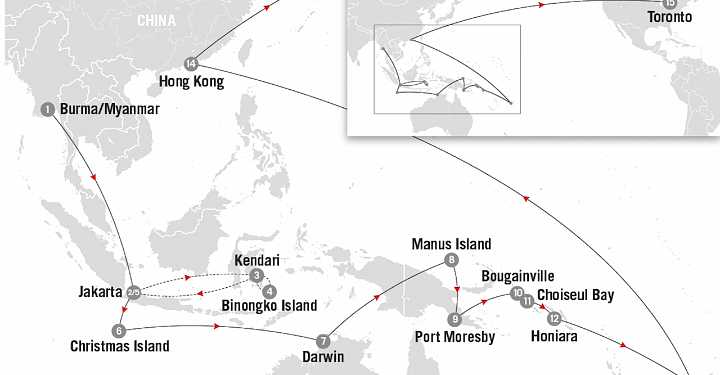


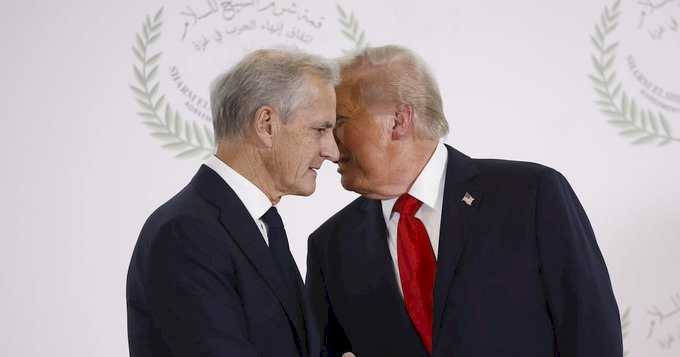

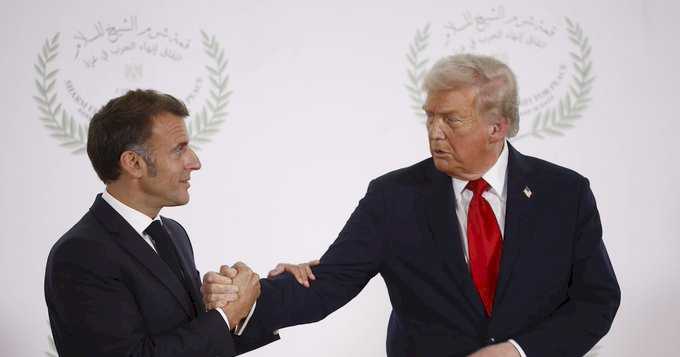
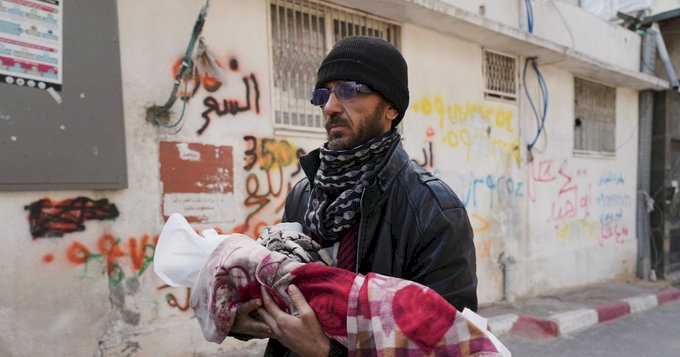
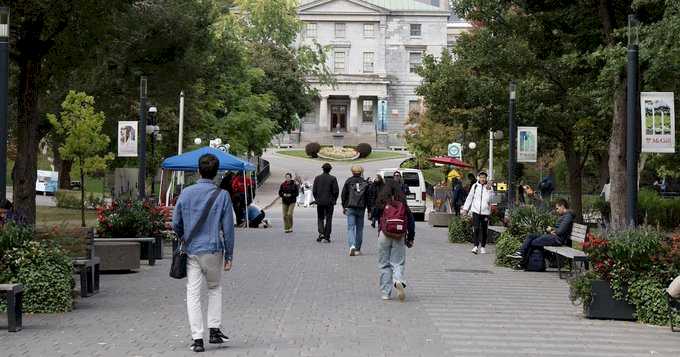


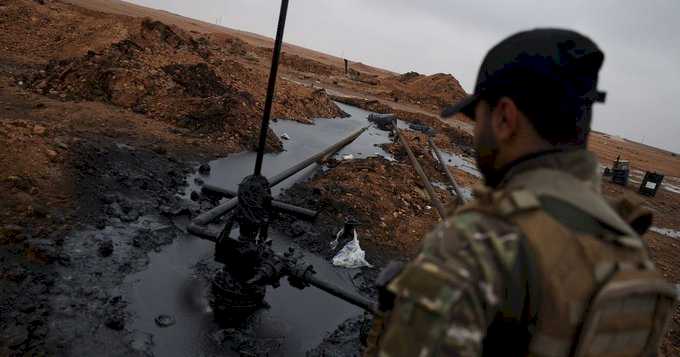


Global News on Umojja.com